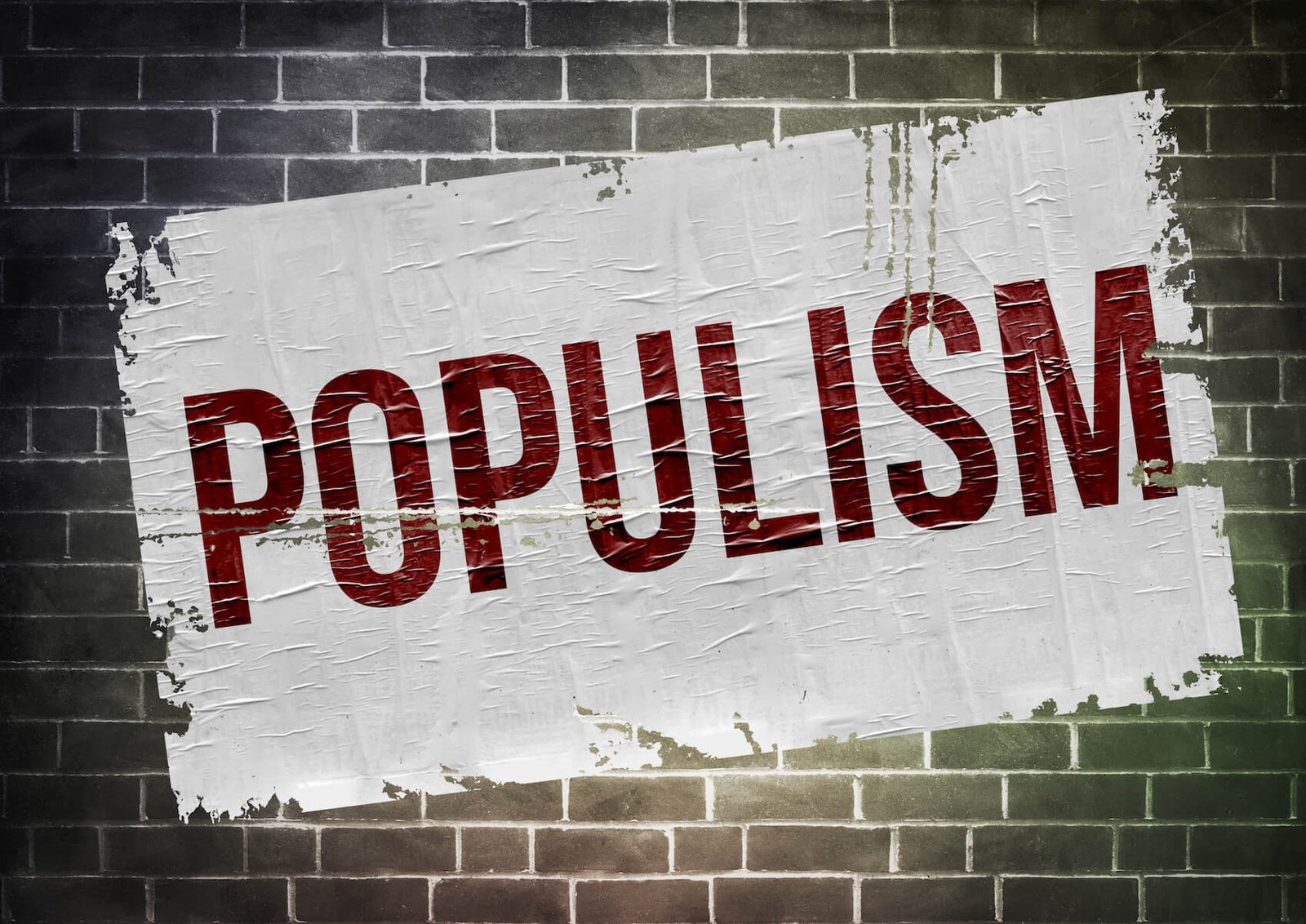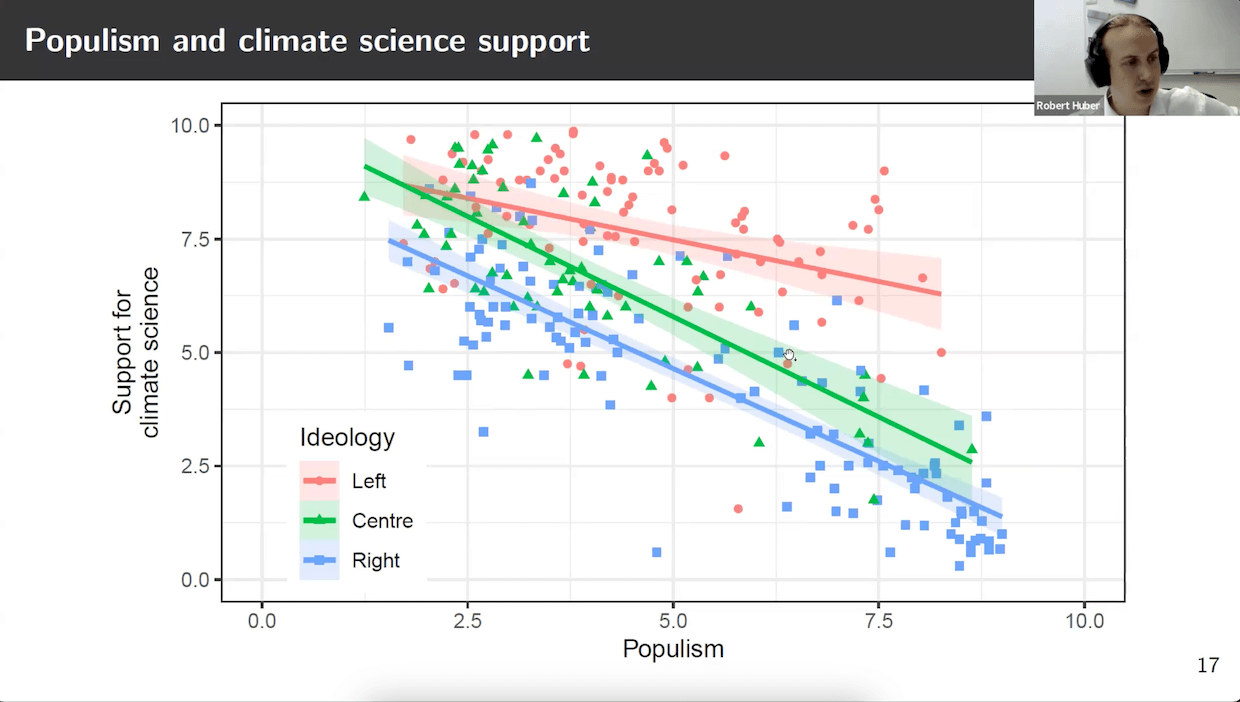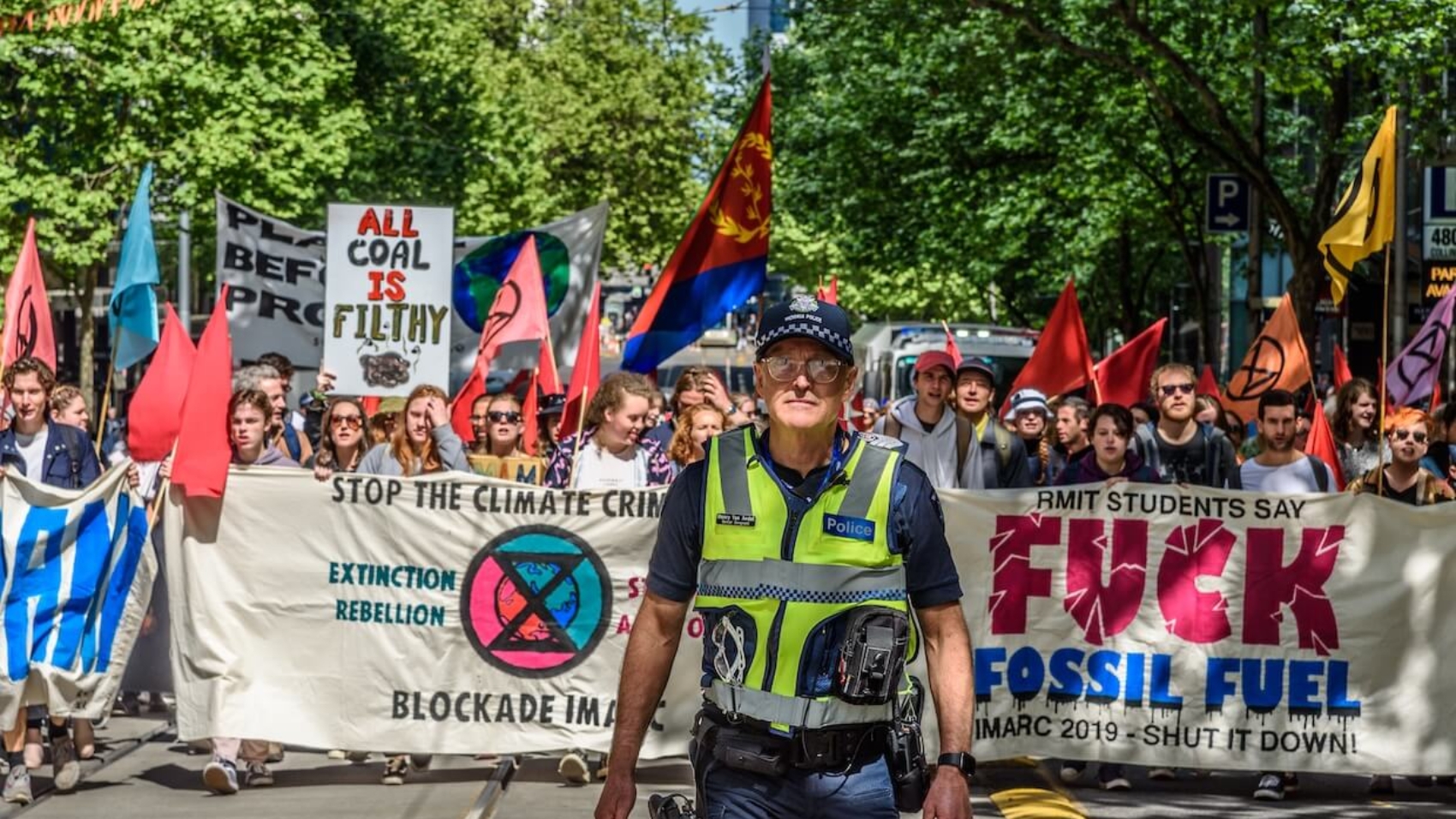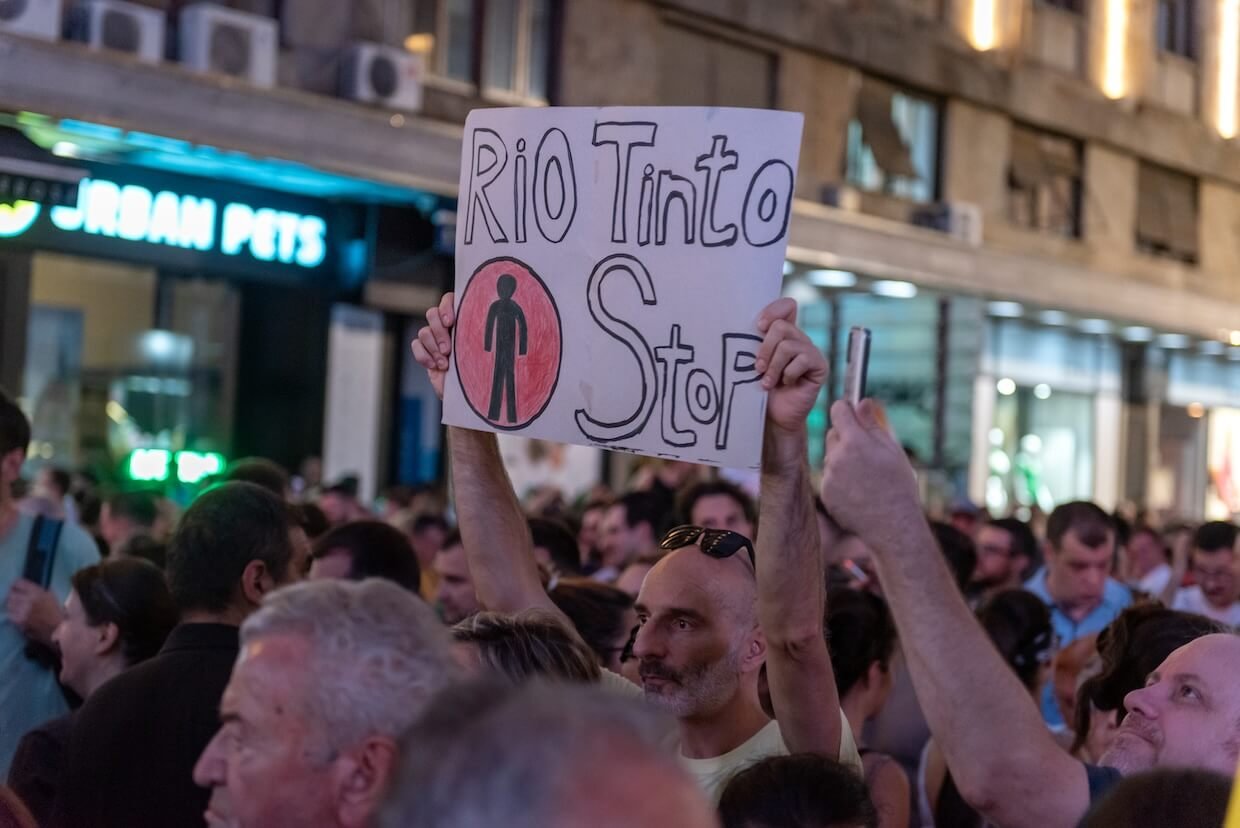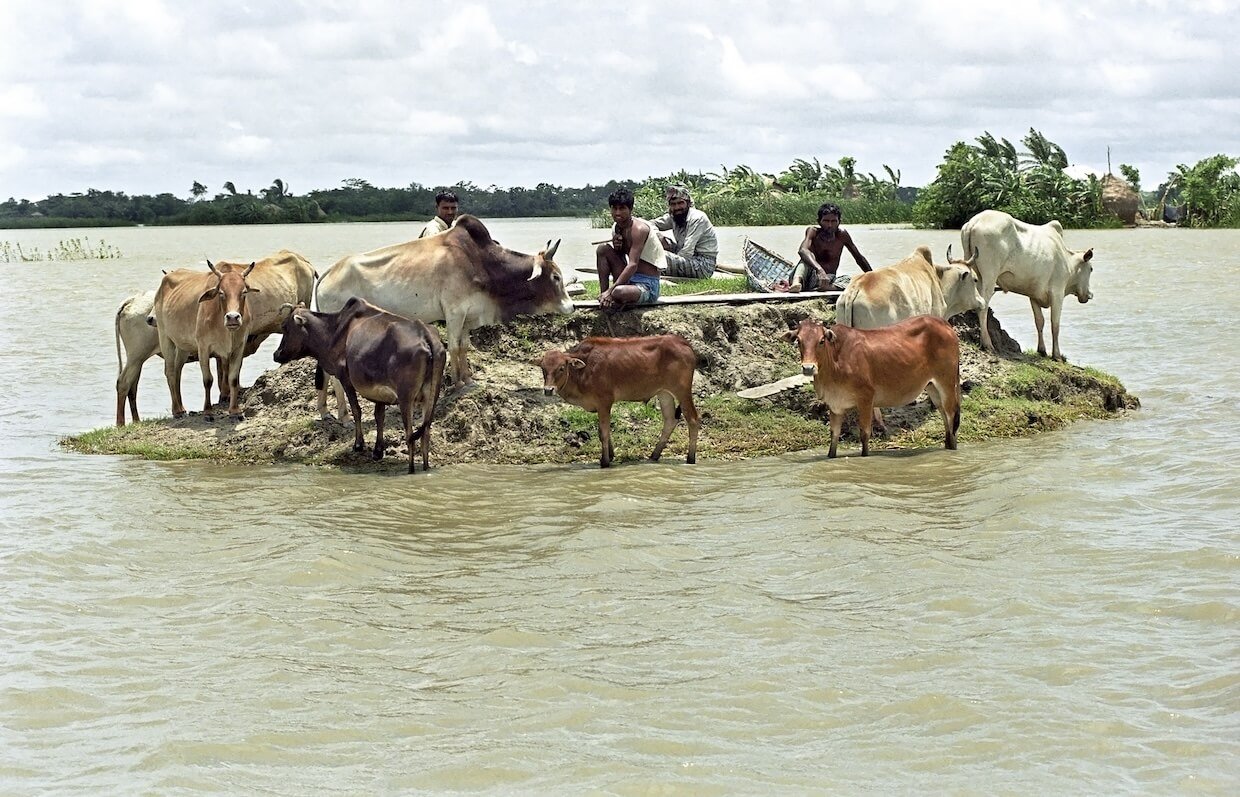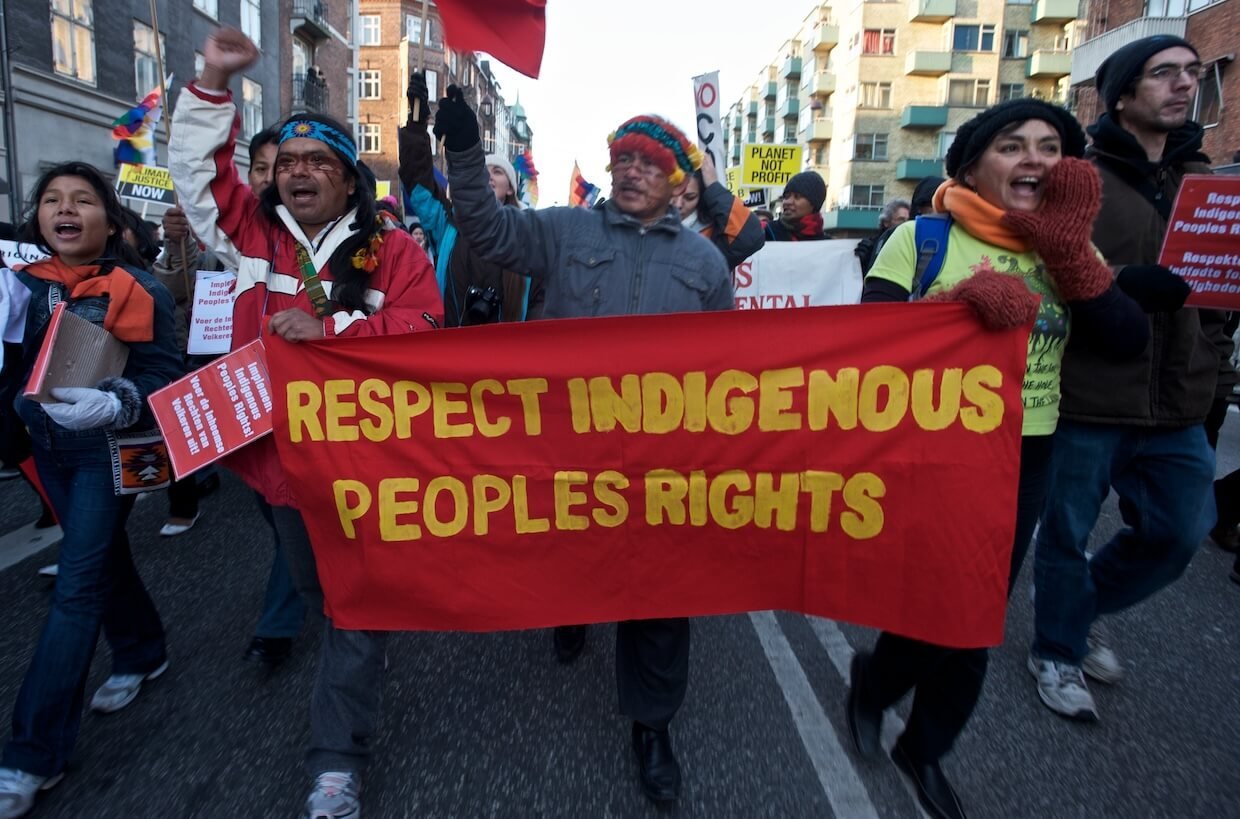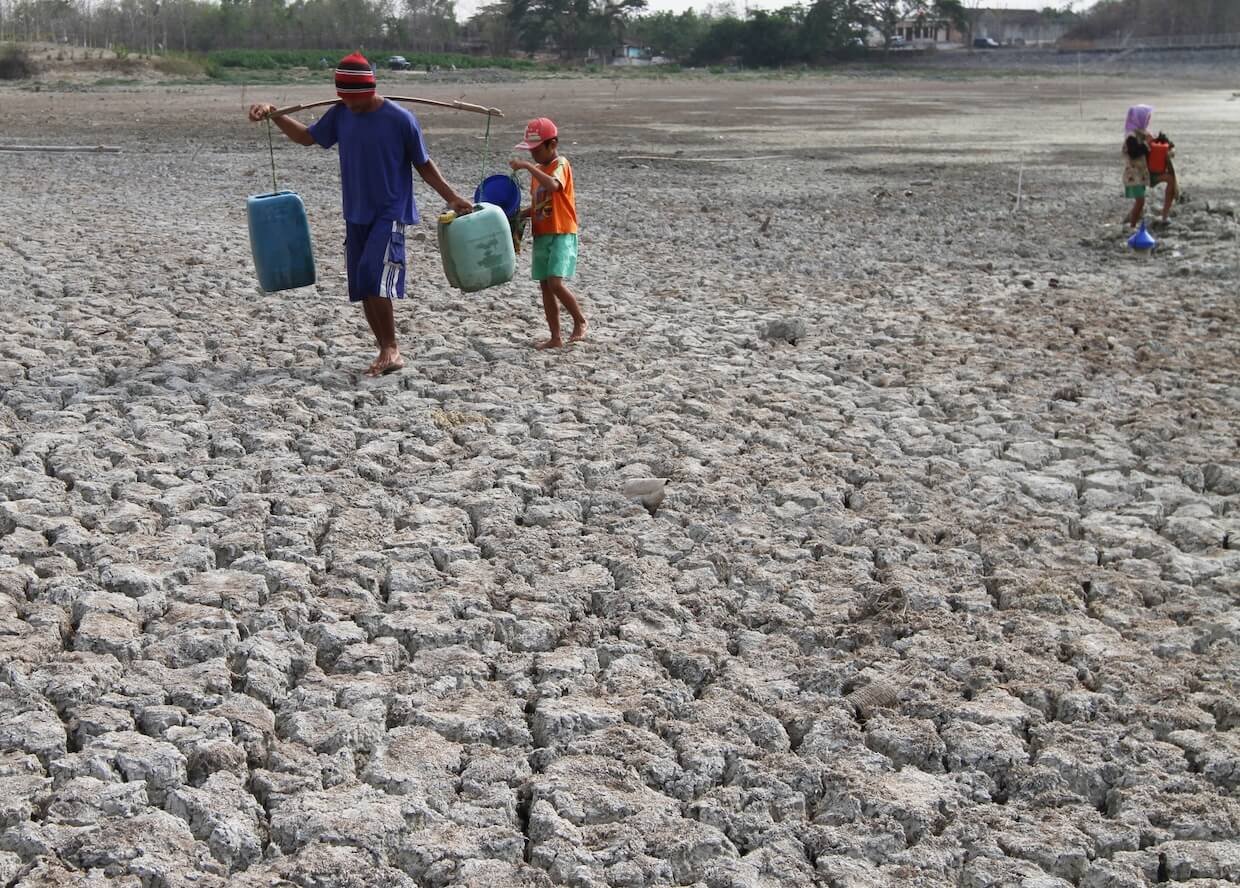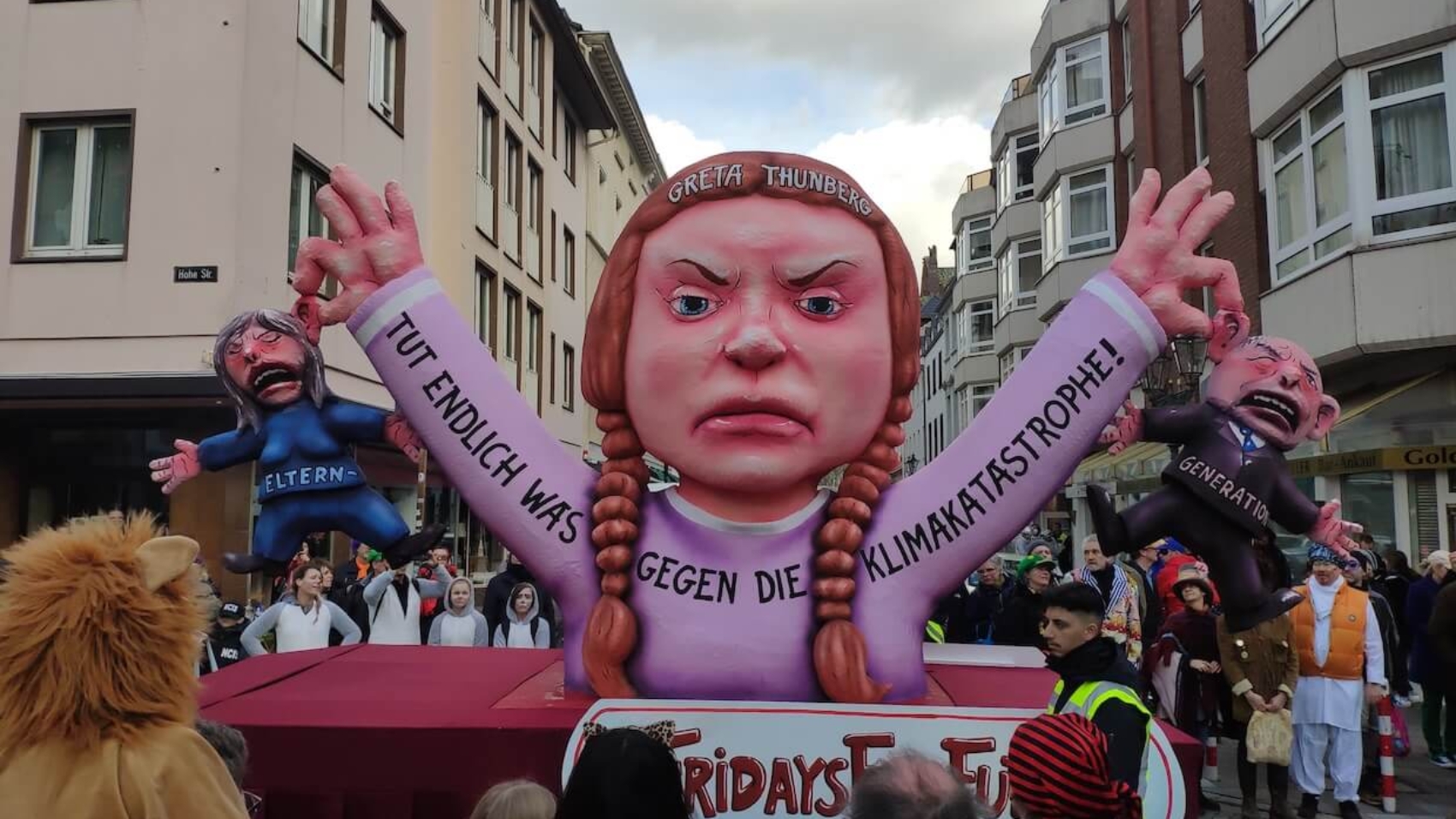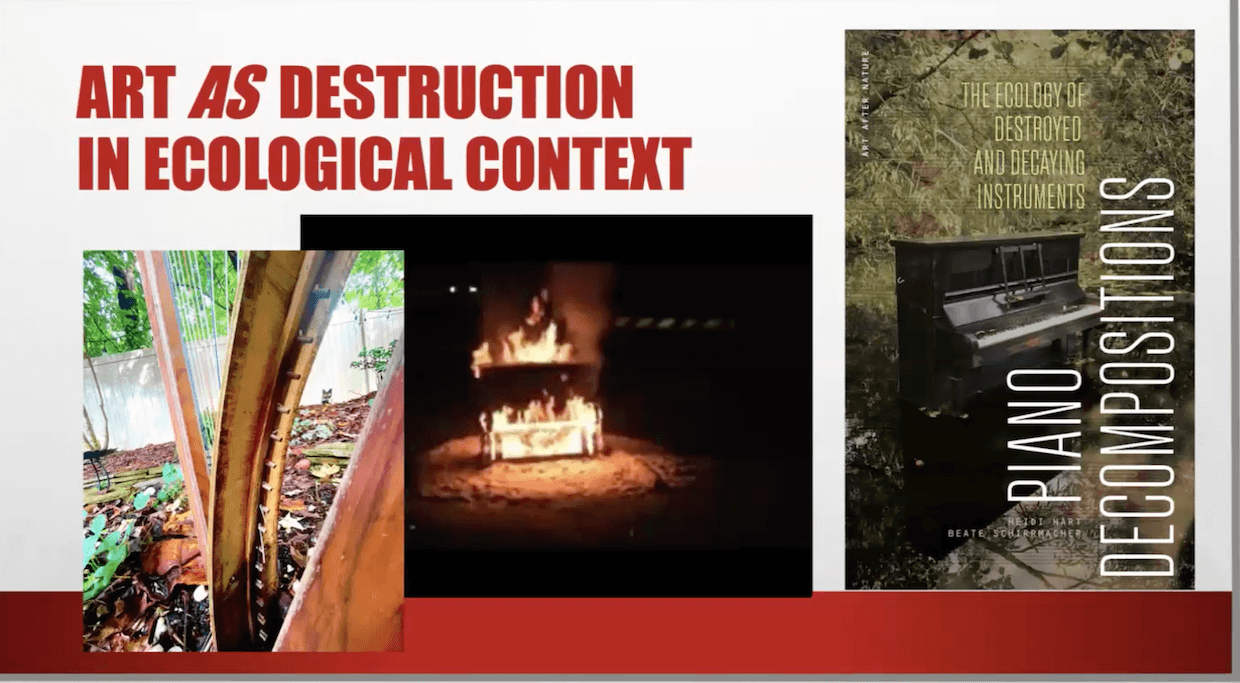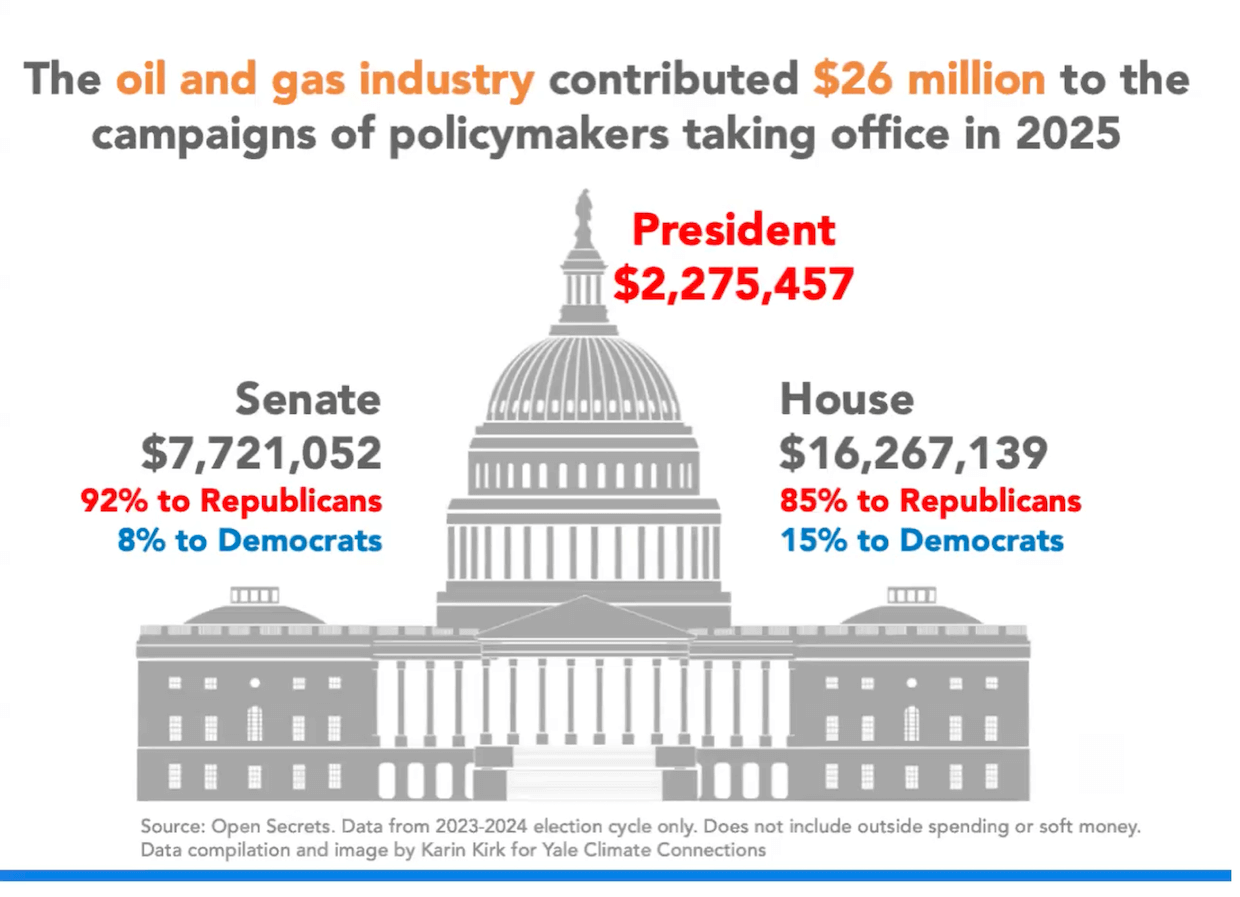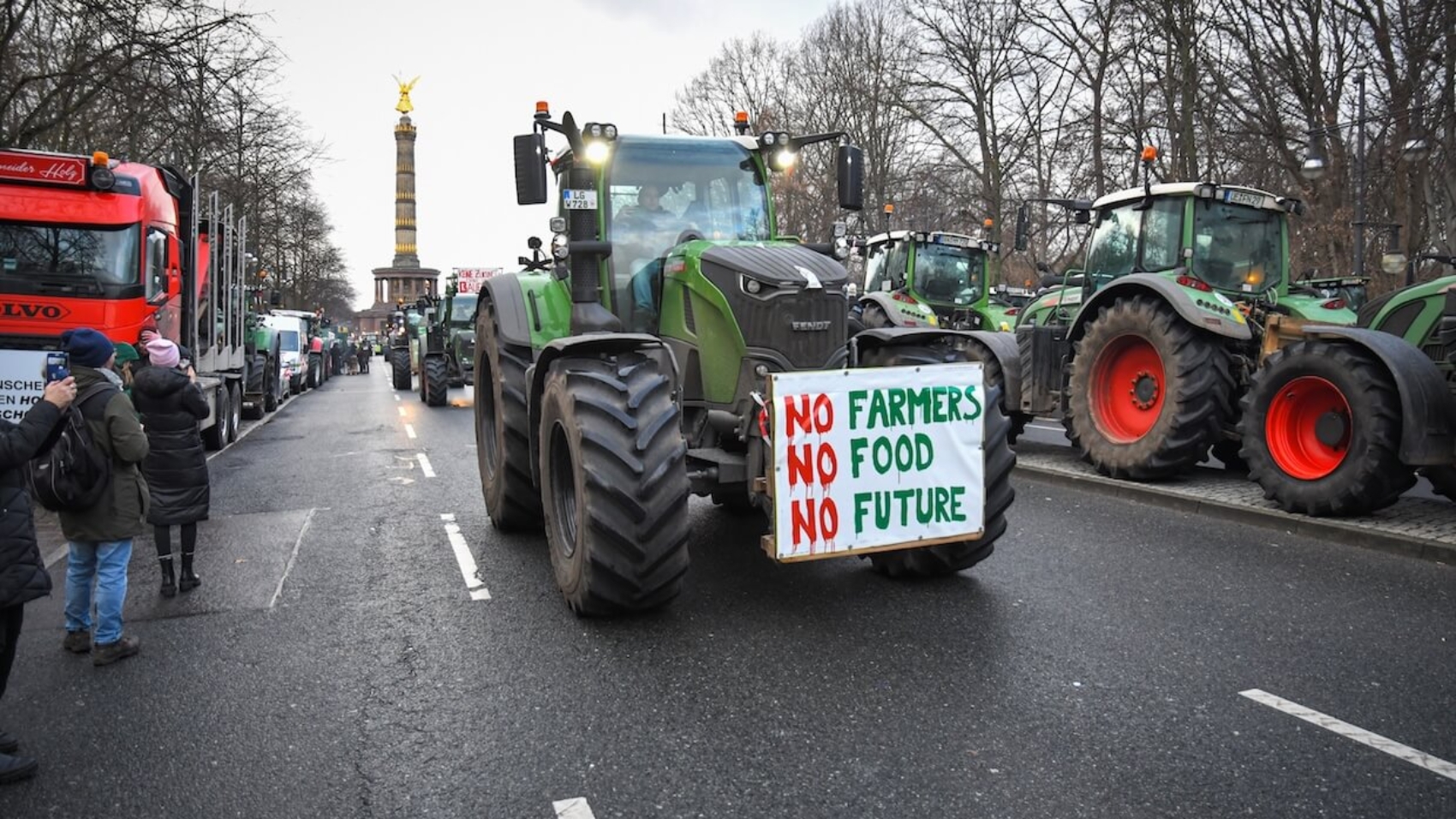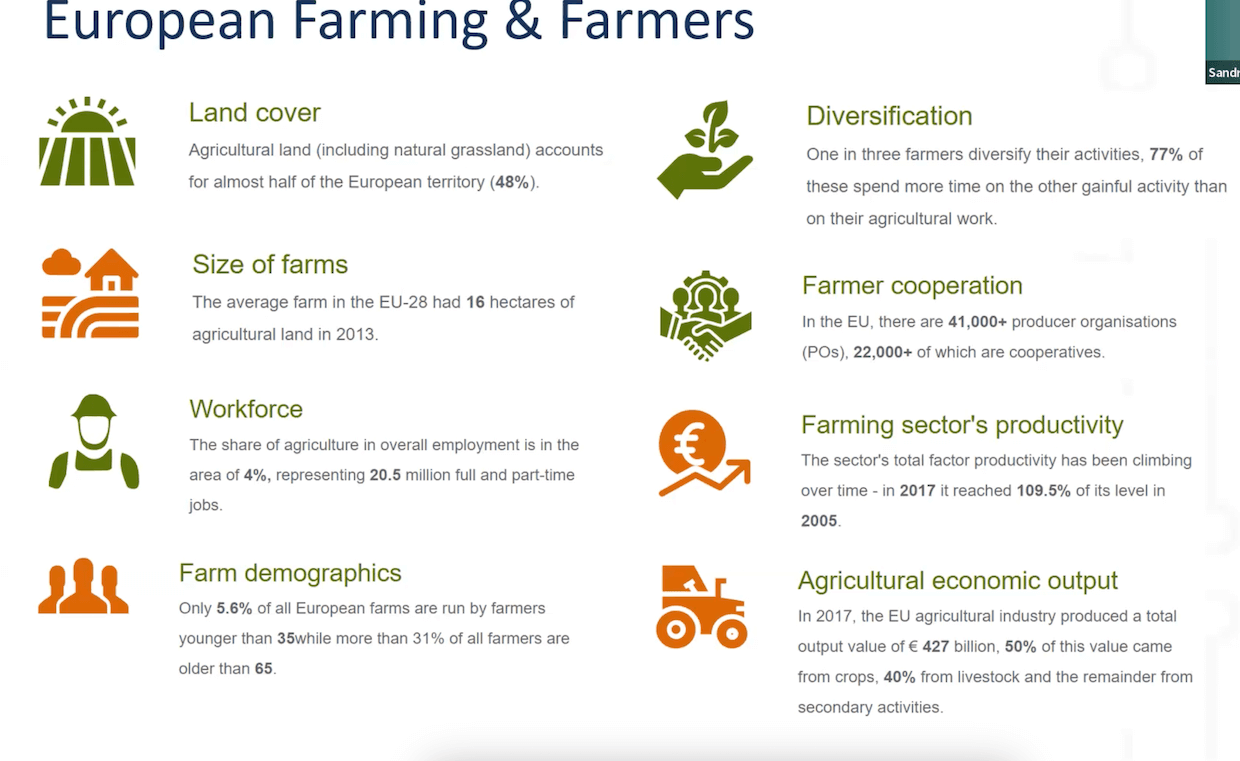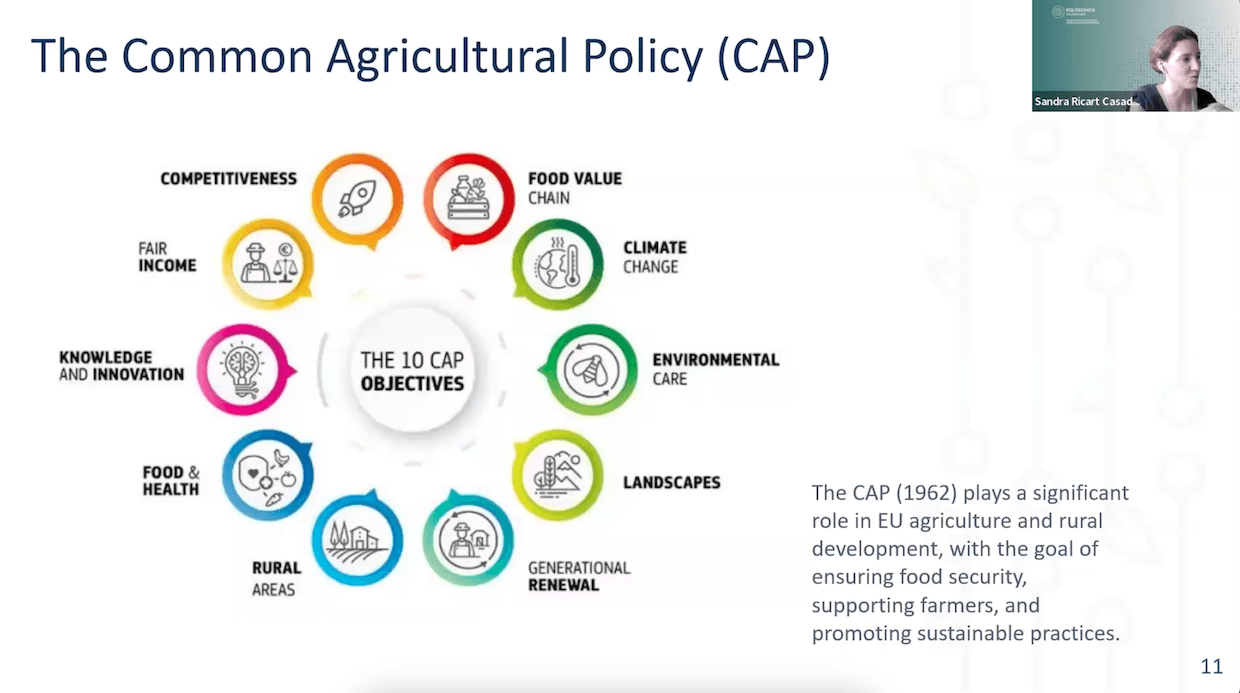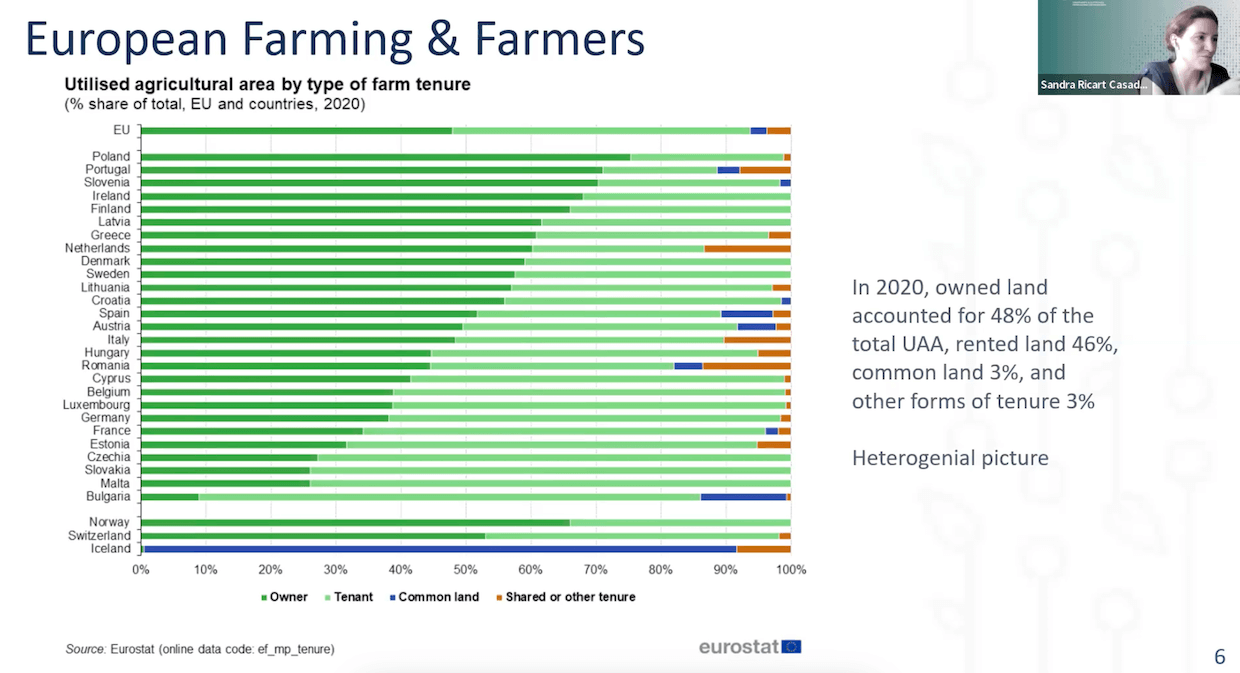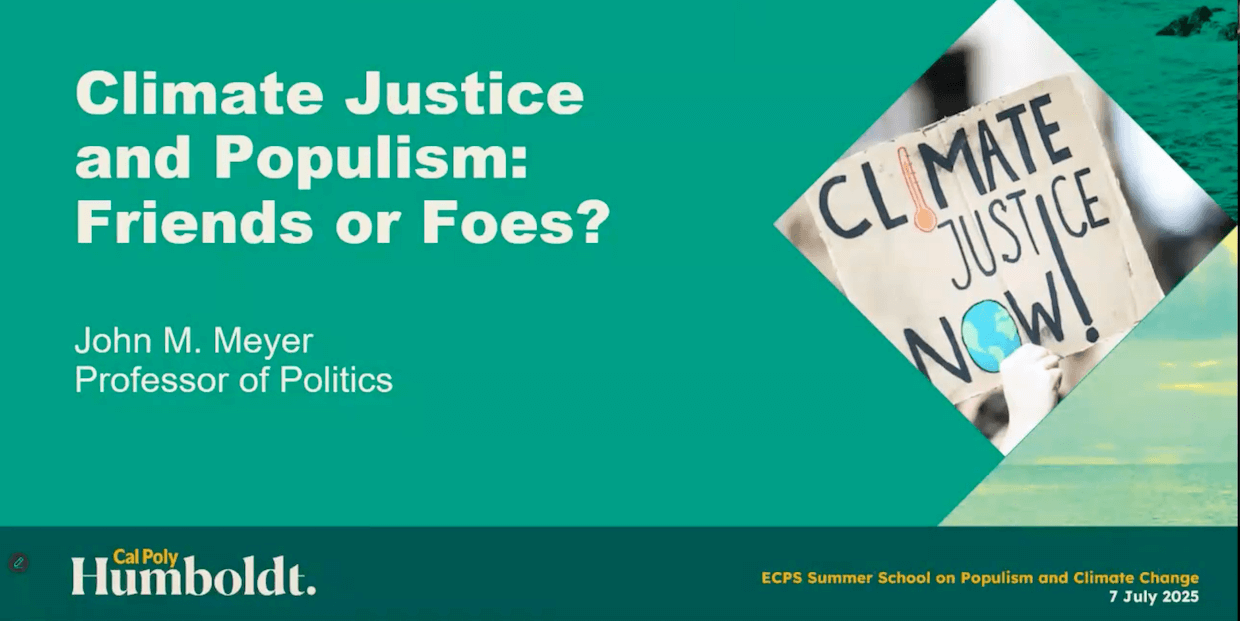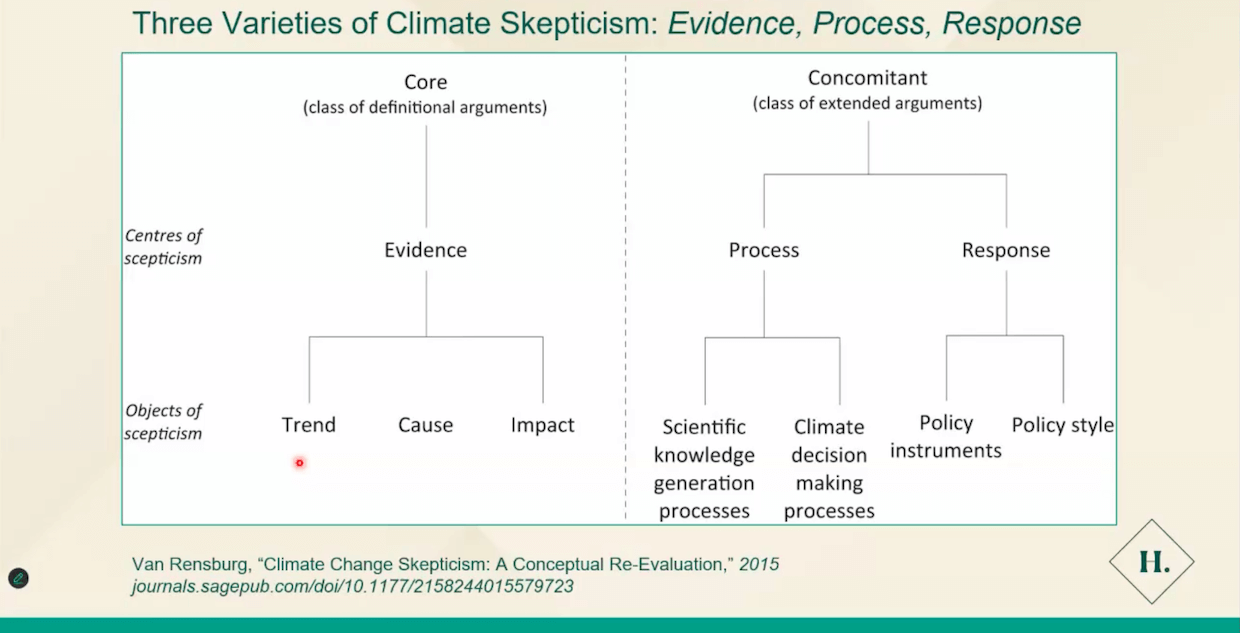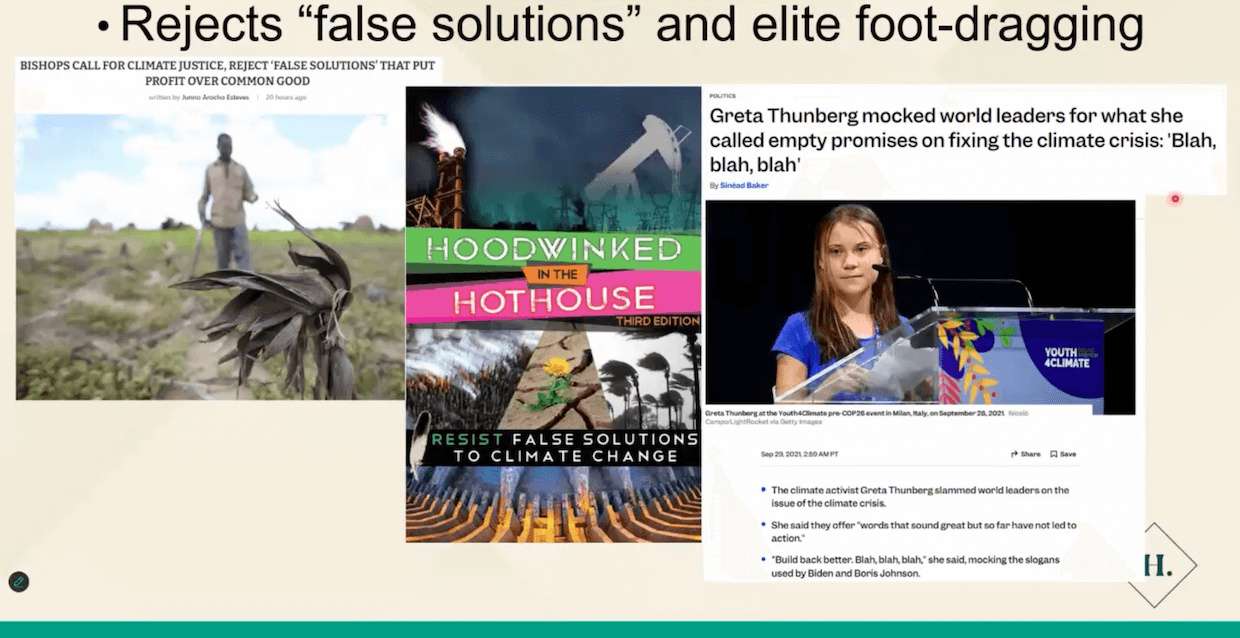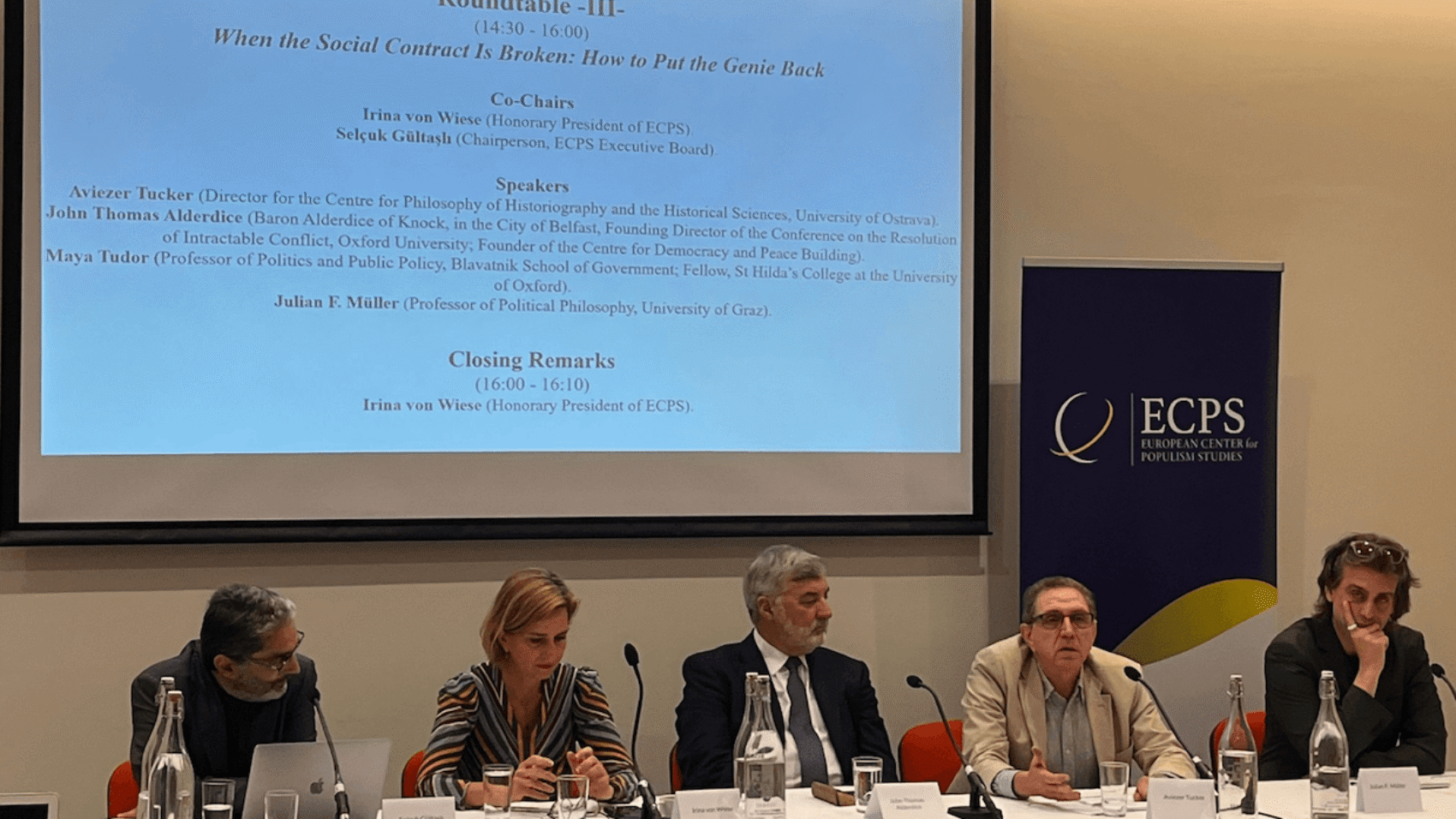In this wide-ranging interview with the ECPS, Professor Steven Friedman critiques dominant liberal democratic paradigms that prioritize constraining state power while ignoring the dangers of unregulated private power. “Private power exists and poses significant challenges,” he argues. Professor Friedman warns against the myth that today’s authoritarian surge simply threatens well-functioning democracies, pointing instead to the alienation of citizens by systems failing to meet their needs. He also critiques the hypocrisy of the so-called “rules-based international order,” emphasizing that “if we do not have international law that applies equally to everyone, then we do not have international law at all.” For Friedman, democratic renewal must address inequality and defend universal principles of participation and inclusion.
Interview by Selcuk Gultasli
In this interview conducted for the European Center for Populism Studies (ECPS), Professor Steven Friedman, Research Professor in Politics at the University of Johannesburg, offers a rigorous critique of prevailing liberal democratic paradigms and their limitations in addressing structural inequalities, especially in postcolonial contexts such as South Africa. While affirming his commitment to democracy, Professor Friedman challenges the tendency among many scholars and policymakers to frame the current authoritarian surge as a simple rupture in otherwise well-functioning democracies. As he puts it: “We need to recognize that statements like the one we signed have become necessary precisely because that older model of democracy is being rejected—not primarily by converts to authoritarianism, but by citizens alienated by a democratic system that failed to respond to their needs.”
A central theme in Professor Friedman’s analysis is the narrow theoretical focus of dominant democratic models, which historically have prioritized constraining state power while neglecting the role of concentrated private economic power in undermining democracy. “Private power exists and poses significant challenges,” he observes. “If we fail to regulate private power, we end up with today’s reality: vast concentrations of economic power in the hands of a few individuals.”This critique resonates powerfully in South Africa, where democracy has unfolded in conditions of stark inequality deeply rooted in racialized histories of dispossession.
Professor Friedman also reflects critically on South Africa’s place in global debates about authoritarian populism, noting that local authoritarian trends often imitate those in the global North—particularly xenophobic politics centered on immigration—even though they arise from different historical trajectories. He emphasizes that this mimicry, combined with a homegrown narrative that dismisses constitutional democracy as a Western imposition, has created fertile ground for anti-democratic forces. Professor Friedman warns against this false equivalence: “Democracy is for everyone. It is not just for white Western people.”
In addition, Professor Friedman interrogates the concept of the “rules-based international order,” a central theme in liberal internationalism. While acknowledging that breaches of international law—such as Russia’s invasion of Ukraine—are serious, he argues that the real problem is the hypocrisy of this order’s application: “In Africa, as elsewhere in the global South, the suspicion is not that we do not need a rules-based order, but that the rules only apply to some.” He draws on personal experience of apartheid South Africa to highlight the corrosive effects of legal double standards, concluding that “if we do not have international law that applies equally to everyone, then we do not have international law at all.”
Throughout the conversation, Professor Friedman underscores the responsibilities of intellectuals in confronting both authoritarian populism and the failures of democratic systems themselves. He insists that defending democracy today requires scholars and public intellectuals not only to protect constitutional principles but also to advocate for a more inclusive, participatory model that recognizes and addresses entrenched inequalities—particularly those shaped by private economic power.
By foregrounding these themes, this ECPS interview invites a broader rethinking of how we understand authoritarian threats globally and how democratic renewal must involve far more than defending electoral institutions: it must include grappling with the material inequalities that undermine democratic legitimacy.

Here is the transcript of our interview with Professor Steven Friedman, edited lightly for readability.
Decolonization Means Adding Voices from the Global South, Not Excluding the North
Professor Steven Friedman, thank you so very much for joining our interview series. Let me start right away with the first question: As a signatory to the declaration published on June 13, 2025, which invokes the history of 1925 Italy to characterize contemporary authoritarian populism globally, how persuasive do you find this analogy for understanding authoritarian threats in postcolonial contexts such as South Africa—particularly in the light of your own critique of applying Northern paradigms to Southern democracies?
Professor Steven Friedman: Before I answer directly, just a word about that critique you mentioned. What I’m trying to do in that critique is not close down but open up. In other words, I don’t want to be misunderstood as one of those voices who say, “We don’t want to learn anything from the global North; only what happens in the global South matters.” And then you get a whole lot of essentialism about what is really, authentically African or Asian, or whatever the case may be. My concern has always been that a particular way of thinking and a particular experience has been foisted on the rest of us, but that certainly doesn’t mean that experience is irrelevant. I wrote a long article a couple of years ago on decolonization, in which I made the point that decolonization was not about excluding voices from the global North—it was about adding voices from the global South to those voices.
So, as you correctly say, fascism was an Italian experience about a century ago. But it’s an experience which is relevant for us today. We are passing through a moment globally where the extinguishing or severe weakening of existing democracies is certainly a global concern at the moment, on all continents. And therefore that it’s appropriate. It happened to be enforced around the anniversary of the Intellectuals’ Declaration. But I don’t think the fact that it happened in Italy in the 1920s excludes the possibility that it speaks to a reality today which affects us just as it affects everybody else.
Scholars Must Engage in Public Debate
The declaration calls on intellectuals, artists, and scholars to “act” as a bulwark against authoritarianism. From your perspective on intellectual responsibility in transitional societies, what forms of scholarly engagement are most ethically and politically effective in confronting democratic erosion today?
Professor Steven Friedman: I think just one point: it was probably quite normal to talk about us as transitional societies 10 or 15 years ago. Today, I’m not quite sure that’s appropriate, because I think right now, just about everywhere is a transitional society.
We’re at a moment in which those certainties—which, as you correctly point out, I’ve written and criticized a great deal—that idea that there are democracies that have “made it” and democracies that are still “trying to make it,” that there are democracies that are secure and democracies that are not secure, all of that is no longer appropriate. There are very few places in the world—Costa Rica and Botswana spring to mind—that probably aren’t under great threat at the moment. But it’s a problem just about everywhere else. Therefore, what I’m going to say applies generally.
I think it’s very important—though this may sound trite but is often forgotten—that scholars and intellectuals cannot play their role from the classroom or the library alone. They have to be willing to engage in the public debate. And once engaged, they must carefully consider key strategic questions: Are you talking down to people? Are you saying things that seem insensitive to their circumstances? Are you assuming that because you’ve read many books and they haven’t, you are superior? It’s crucial to participate in public debate in ways that open conversations rather than close them down. Too often, intellectuals are guilty of saying, “Yes, of course I participated; I explained to them why they were all wrong and I was right.” You don’t need a psychology degree to see how that’s going to offend people.
I also think it’s important for intellectuals to engage—let me phrase this carefully—with citizens’ organizations and citizens themselves. I certainly don’t mean becoming an uncritical messenger for everything a particular organization or group says, but it’s essential to keep channels open and remain available for dialogue. I’m not suggesting that intellectuals have unlimited influence; I’m well aware of the limits of their role. But we shouldn’t underestimate their impact either. One can move from the illusion of having more power than one actually does to the equally misguided belief that only material power matters and ideas don’t—which I don’t think is true.
Evidence and Argument Are More Essential Than Ever
A key theme of the declaration is the defense of “facts and evidence” in a climate of disinformation. Given your critique of how elite-driven narratives often delegitimize popular grievances, how can intellectuals defend epistemic rigor without reinforcing social exclusion or epistemic inequality?
Professor Steven Friedman: My critique of these narratives stems precisely from their disregard for evidence and argument. If they accurately reflected empirical realities, I would have little cause to criticize them. What one often encounters, however, is the repetition of entrenched prejudices, presented as if they were grounded in evidence and argument.
In the field of democracy studies, for instance, a striking example is the paradigm of democratic consolidation—a concept that was highly influential and arguably remains so, even if the term is now invoked less frequently. I have written extensively on this topic because, for many years, scholars researched, wrote, and published on democratic consolidation as though its meaning were self-evident and its foundations empirically robust.
Yet, when I subjected this concept to detailed critical scrutiny some years ago, I discovered something remarkable: despite its prominence, it had never been coherently defined. To illustrate, at one point some eminent scholars claimed that “democracy is consolidated when it’s the only game in town.” But if you examine that carefully, it’s an extremely vague, untestable notion of how to determine whether a democracy is consolidated.
So I think it is important to emphasize that while much of my work critiques the imposition of global North perspectives, this should never be taken to imply that evidence and argument are unimportant. On the contrary, it underscores that evidence and argument are more essential than ever. We must remain vigilant to the extent to which conventional wisdom—particularly the orthodoxies that dominate the academy—are not grounded in evidence and argument.
Indeed, I would contend that all my critiques of what some call Western or global North bias have fundamentally been arguments in favor of rigorously applying evidence and argument. I see no contradiction in this position.
This is a particularly pressing concern today. I do not subscribe to the view that digital media—and I deliberately use the term “digital media” rather than “social media,” which I regard as an odd label for large, well-resourced corporations marketing products—possess an extraordinary, autonomous power to transform our lives. Rather, what is transforming our lives is that these media amplify preexisting prejudices and misrepresentations.
Centuries ago, people burned women as witches, based on rumors very similar to the misrepresentations we encounter today. But those tended to spread in small, localized communities. Today, you can put a lie into the world and reach millions of people within minutes. That is a tremendous challenge, and it’s a challenge everywhere. But I certainly don’t think the problem lies in evidence and argument being culturally biased. Quite the contrary—the cultural biases we face tend to eliminate or weaken evidence and argument.
Participation Must Be Continuous

The declaration warns against authoritarian leaders claiming an “unlimited popular mandate.” In your scholarship, you’ve emphasized democratizing participation rather than limiting it—how would you suggest navigating the tension between majoritarian legitimacy and the protection of pluralism?
Professor Steven Friedman: Majoritarianism tends to exclude public participation. To put it bluntly, that is precisely what’s wrong with it: majoritarian populism asserts, “We won an election, so we have an unlimited mandate to do whatever we like for the next five years.” In some cases, of course, they manipulate the system to ensure that their rule lasts far longer than five years. At present, in the United States—a case that understandably concerns many around the world—we see a situation where a president who, let us recall, did not win a majority of the popular vote in a system where the popular vote does not determine the winner, nonetheless claims an overwhelming mandate to disregard constitutional constraints.
In my work, I have consistently emphasized that one of the key reasons we need participation is precisely because electoral mandates are inherently limited. I have argued—though this is by no means an original observation—that in multi-party democracies, very few voters agree with every position their chosen party advances. Most citizens select the party that most closely aligns with their preferences but do not endorse its entire platform. Therefore, no party can assume that any specific policy or legislative initiative enjoys popular support simply because it won an election. That support must be demonstrated and actively sought—this is precisely where the principle of participation begins.
The problem with majoritarianism, which the declaration rightly rejects, is not the familiar cliché of the “tyranny of the majority.” The problem is elites claiming that an electoral mandate gives them a blank check to determine what becomes law. Moreover, given the nature of electoral cycles—even in countries where elections are held every two years—a great deal can happen between elections. Governments frequently face circumstances that did not exist at the time voters cast their ballots, so they cannot plausibly claim a mandate to act in those situations.
One of the key points I have long stressed—and why I found that part of the declaration so appropriate—is that we need rules, we need constitutions, and we need power to be subject to constraints. When power is unconstrained, it inevitably acts as it pleases. History shows that utopian democratic experiments without rules tend to become authoritarian very quickly.
The Real Danger Is Alienation from a Democracy
In equating today’s far-right movements with “fascism,” is there a danger of universalizing European historical experiences at the expense of recognizing the structural drivers of discontent in contexts of ongoing inequality, such as South Africa and other postcolonial states?
Professor Steven Friedman: There are certainly dangers, and I think you’ve identified something important here. In itself, I don’t see a problem—as I noted earlier—because by signing a statement that refers to fascism, neither I nor anyone else is suggesting that only the European experience of a century ago is instructive. Rather, we are acknowledging it as one instructive historical experience.
The danger you highlight lies in the framing: that what we are witnessing today is often understood—particularly by many mainstream scholars—as an intrusion upon democracies that had supposedly been serving their citizens well. That assumption, I believe, is widespread but profoundly problematic.
I would argue strongly—and you rightly highlight inequality, which is central to my concerns—that these democracies were not, in fact, adequately serving their citizens. To be clear, I would not have signed the statement if I did not believe democracy is worth defending. But what we are witnessing now is, unfortunately, a challenge posed by anti-democrats, not by more engaged democrats. This challenge emerges against the backdrop of an attenuated form of democracy—one that failed to address people’s needs. It was a thinner version of democracy than the postwar models in the global North, which incorporated stronger constraints on private power.
At a theoretical level, this dominant democratic model focused solely on constraining the relationship between citizen and state, while largely ignoring private power. Yet private power exists and poses significant challenges. If we fail to regulate private power, we end up with today’s reality: vast concentrations of economic power in the hands of a few individuals.
This is not an inevitable feature of democracy. Postwar European societies—even conservative models like Germany’s social market economy—recognized the need to constrain private power. When Elon Musk can spend $250 million to influence a US election in favor of Donald Trump, this reflects a model of democracy that accepts influence as legitimate as long as it is directed at the state, without demanding constraints on private concentrations of power.
One important but under-discussed finding from recent US elections illustrates this point: Democratic Party candidates who campaigned on platforms addressing private power—through competition policy, price regulation, or related measures—performed about eight percentage points better than those who did not. This helps explain otherwise puzzling outcomes, such as Democratic victories in certain Midwestern states despite national Republican dominance. Those candidates were speaking directly to popular concerns about inequality and economic insecurity.
So, to return to your question: the real danger of invoking this model uncritically is that it encourages a simplistic narrative—“we had a good democracy, and now bad people are threatening it.” We need to recognize that statements like the one we signed have become necessary precisely because that older model of democracy is being rejected—not primarily by converts to authoritarianism, but by citizens alienated by a democratic system that failed to respond to their needs.
Another myth I’m concerned about is the claim that large numbers of people are suddenly embracing authoritarian or anti-democratic ideas. In most countries, this is not what is happening. More prominent is the phenomenon of citizens who value democracy but feel so alienated by its attenuated form that they no longer participate.
This connects back to the issue of majoritarianism. The problem is not, as some critiques suggest, an illiberal mass dictating to a liberal elite. The real problem is that citizens who would strongly support a robust democracy feel unheard, alienated, and excluded from meaningful participation.
To return to the recent US election—a key reference point because of its global resonance—the Republicans didn’t win; the Democrats lost. Nineteen million voters who had supported the Democrats in 2020 did not vote in this election. This reflects profound discontent among potential supporters of democracy itself. If we fail to acknowledge this, then democracy is in even more trouble than we already recognize.
International Law That Applies Unequally Is No Law at All

The declaration’s robust defense of multilateralism aligns with a liberal internationalist vision. How should scholars reconcile this with postcolonial critiques of global governance institutions as sites of inequality and dependency, particularly from an African vantage point?
Professor Steven Friedman: From any vantage point, the problem is not that liberal internationalism—if we want to call it that; it’s as good a name as any—is a bad idea. The problem is that it has largely been honored in the breach: it is often invoked but rarely practiced.
This connects to another myth we should interrogate today: the notion that anti-democrats alone are responsible for tearing up the international order. In fact, part of the reason they are doing so is because the self-proclaimed elite democrats undermined that order long ago.
So, when Russia invades Ukraine, we hear that this is a breach of the “rules-based international order.” And indeed, if such an order truly functioned, it would be a serious breach. But the issue is not that anything Russia did was justified—it was not. The issue is the double standard.
Beyond the oft-made point that, apparently, in the rules-based order it is permissible to bomb civilians if they happen to be Palestinian, there is the fact that when Putin decimated Grozny in Chechnya—full of Russian Muslims—the international order was silent. When Russian forces bombed Aleppo into rubble, again, there was no response. Only when Putin attacked white Europeans did the “rules-based order” suddenly become important.
In Africa, as elsewhere in the global South, the suspicion is not that we do not need a rules-based order, but that the rules only apply to some. A specific and highly relevant example is the International Criminal Court (ICC). In principle, an international court that intervenes when states fail to prosecute human rights abuses is an excellent idea. But until very recently, the ICC was used almost exclusively to prosecute Africans. There was one notable exception—Bosnia and the prosecution of figures such as Radovan Karadžić—but overwhelmingly, the focus was on Africa, despite abundant evidence of war crimes elsewhere. And now, as the ICC attempts to fulfill its intended role more broadly, that effort is frustrated. When the Court issues arrest warrants for individuals favored by Northern elites, it faces sanctions. For instance, when the ICC indicted Israeli and Hamas figures, it was widely reported that a prominent politician remarked that the ICC “is only for Africans and thugs like Putin.”
This underscores a very basic point I have made many times: if you or I lived in a country where the law clearly applied to some people but not to others, we would consider that unacceptable. I speak from personal experience—before 1994, I lived in a country where there was one law for some people and another for others. Fortunately, after sustained international pressure, that system was deemed intolerable.
So, I was quite happy to sign a statement acknowledging that the international rules-based order is in trouble, because I believe it is in more than trouble. But not all signatories would agree on what precisely the problem is or how it should be addressed. My own view is simple: if we do not have international law that applies equally to everyone, then we do not have international law at all. It’s a straightforward proposition.
Authoritarian Populism in South Africa Imitates Northern Patterns
Lastly Professor Friedman, do you see a distinctively South African form of authoritarian populism emerging today? If so, how would you differentiate it analytically from global trends, given your emphasis on the rootedness of South African democratic struggles in racial and economic inequality?
Professor Steven Friedman: Yes, it’s a significant problem here today. Let me first say something more about this issue of global experiences and the influence of particular ideas and ways of seeing the world. A few years ago, I wrote a book on COVID-19, arguing that South Africa failed to deal effectively with the pandemic because we insisted on responding in exactly the same way as the US and Europe, despite the fact that those countries had some of the highest infection and fatality rates globally. It would have seemed far more rational to look at countries like South Korea, which had far lower rates. The broader point is that much of the discourse in South Africa simply repeats what is said in the global North, and that has profound influence on local thinking.
As a result, much of the authoritarian populism we now face imitates Northern patterns, despite arising in a very different environment. A clear example is immigration. As in many parts of the global North, hostility to immigration has become a major threat to democracy in South Africa. Anecdotally, I was invited to speak at the Human Rights Commission and noted to the audience that during the 20-minute drive to the event, I heard xenophobic attacks on immigrants roughly 30 times on talk radio. Even unrelated issues were immediately framed as problems caused by “foreign nationals.” This xenophobia is particularly bizarre in our context, given that the difference between a South African and a Zimbabwean is often simply which side of a colonial border drawn at the Berlin Conference they happen to have been born on.
This underscores a point I have made repeatedly: many of the Northern attitudes of superiority I criticize are absorbed and internalized by people in the global South, as we see here in the xenophobic discourse.
Another feature of South African authoritarian populism that mirrors global patterns is the deep cynicism toward government. Uniquely, in South Africa today, one is considered “brave” for even mildly defending the government. About 30% of the population—those most visible in political debate—express pervasive hostility to government. While a critical citizenry is generally preferable to a compliant one, in our context this cynicism is weaponized by anti-democrats.
Democracy Is Not a Western Construct — It Is for Everyone

Our official opposition party currently campaigns on a platform that explicitly seeks to abolish the Constitution, precisely because they object to the democratic freedoms it enshrines. Given widespread cynicism, anti-democratic actors know that if they wish to undermine a democratic politician, they need only make corruption allegations—regardless of whether they are true—because public discourse will presume their truth.
A current example illustrates this: a senior police officer recently held a press conference alleging widespread corruption among politicians and judges, naming only two individuals: the Minister of Police (a leading pro-constitution figure) and a senior police officer at odds with the populist president. The President announced a commission of inquiry to investigate the claims, but was pilloried for doing so; the public narrative suggests that the allegations themselves suffice to prove guilt. This creates fertile ground for anti-democrats: all they need to do is make accusations to damage democratic figures.
Another dimension of authoritarian populism in South Africa is the misuse of anti-imperialist rhetoric. The opposition party argues that the Constitution itself is a Western imperialist imposition—that the rule of law and democratic accountability are inventions of Western elites designed to enslave Africans. This is a deeply problematic claim that must be confronted.
I have consistently argued that democracy is not a Western or white construct. Certain core democratic principles are universal. I define democracy, rather idealistically, as a society in which every adult has an equal say in every decision affecting them. While no such society has ever existed, this provides a normative standard that clearly transcends any particular culture or geography: democracy, properly understood, cannot be exclusively white or Western because it affirms the equal right of all individuals to participate in decision-making.
This argument must be won here in South Africa because there is a persistent refrain that democracy was imposed by the West and that abandoning democracy would somehow liberate us. Just to be anecdotal again, because I think it illustrates the point: I have served for several years on an awards committee that recognizes outstanding Africans. Recently, I had a major debate with my colleagues because they wanted to give an award to a man who had staged a military coup. I was in the minority, but I said, “I don’t care how fine his speeches are—if he staged a military coup, he is out of the question.” In the end, they accepted the point.
What I found striking was that my colleagues are not right-wing, authoritarian populists by any means. The reason they wanted to give him the award was precisely because he claimed he sought to free his country from Western influence.
This reflects the idea—widespread here—that being anti-democratic is somehow authentically African. It is something we must resist. I believe the way to resist it is to insist, consistently, that democracy is for everyone. It is not just for white Western people.




